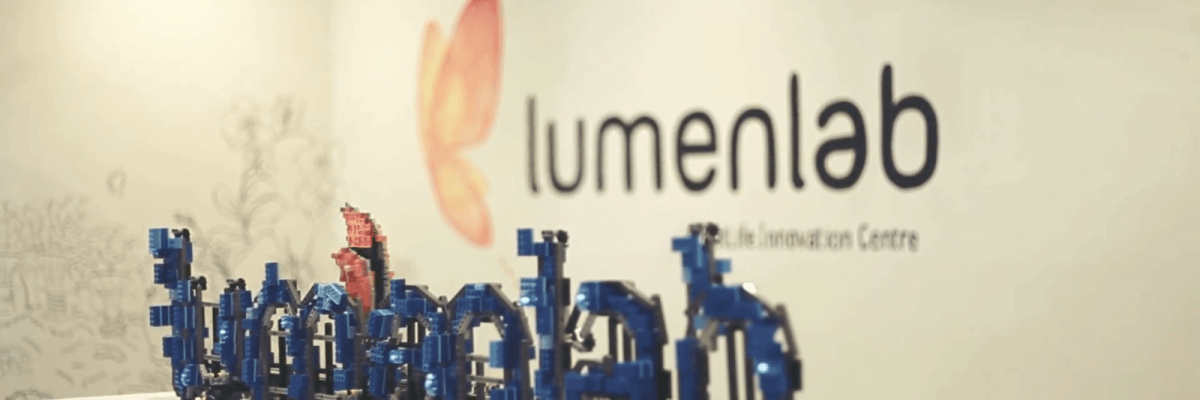The Singapore-based digital innovation technology center LumenLab has launched testing of a blockchain based insurance system that is designed for people with diabetes. LumenLab is a subsidiary of the...
The Singapore-based digital innovation technology center LumenLab has launched testing of a blockchain based insurance system that is designed for people with diabetes.
LumenLab is a subsidiary of the international company MetLife, which specializes in insurance and pensions.
The Vitana pilot project is designed for those suffering from gestational diabetes, which occurs in every fifth pregnant woman in Singapore. The automated insurance product will get rid of routine paper work. Thanks to the integration of medical data, insurance payments to patients will be calculated automatically and doctors will be able to focus more on treatment.
The development of the project involved specialists from the insurance company Swiss Re, the British blockchain company Cognizant, and the suppliers of medical records (EMR) Vault Dragon.
Presently, because of the centralization of the insurance market, Singaporeans have difficulties in obtaining compensation for medical insurance. Citizens must first pay for treatment and only then they can file for compensation from their insurance company. The decentralized Vitana solution automates this process: Vault Dragon will provide patients' medical data in order to verify their diagnosis. If the payment is approved, the insurance company will receive the data of the client's bank account in an encrypted form using a smart contract and an automatic transfer of funds will take place. LumenLab developers will not store the information of patients on their servers and guarantees the confidentiality and security of transactions.
This is not the first example of using blockchain in health care. For example, last year the Open Longevity project in Russia launched its own blockchain platform to combat aging. By using their internal YEAR tokens, patients can learn their own predisposition to diseases related to aging and get professional advice and recommendations in order to reduce their risk of developing diseases.
Share this with your friends!






Be the first to comment
Please log in to comment